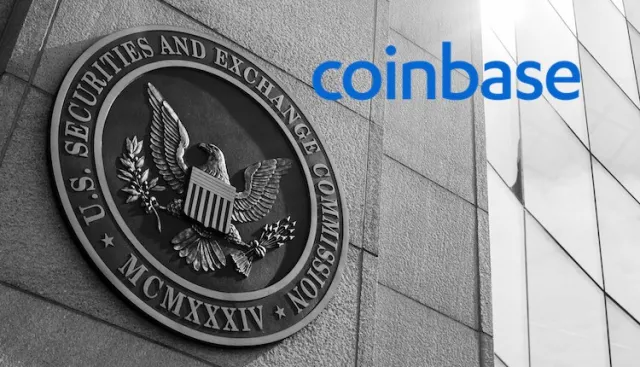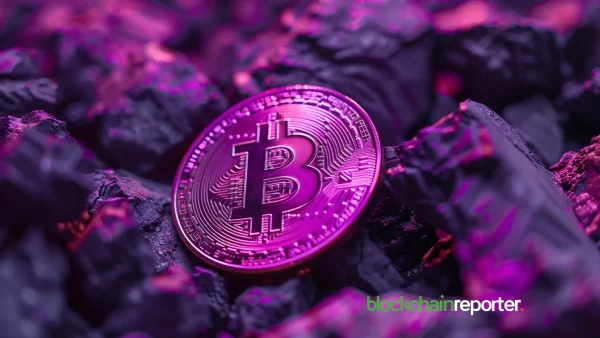
Coinbase, a U.S-based crypto exchange that is going through a difficult phase, has to undergo a class action case for another time. The lawsuit was filed by Bragar Eagel & Squire (a law company) in the U.S. District Court of New Jersey on Thursday, accusing Coinbase of having made misleading or wrong claims for up to one year regarding its business operations as well as the compliance policies, as per a statement.
Another Lawsuit Troubles Coinbase after SEC’s Accusations
Particularly, the multi-faceted allegation puts forth that the cryptocurrency exchange kept the digital assets of its customers keeping in view that the respective funds could eventually be considered to be a bankruptcy estate’s property, likely compelling the consumers to be dealt with as the unsecured general creditors of the exchange.
Coinbase has been accused of having permitted its consumers living in the United States to carry out the trading of digital assets which – knowingly or unknowingly overlooked – required getting registered under the Securities and Exchange Commission (SEC). The New York-based law company is to participate in the lawsuit on the behalf of the entities and individuals who purchased “Coinbase securities” from 14th April as well as 26th July year.
The law company mentioned in the statement that Coinbase became a target of governmental enforcement and scrutiny action, as well as a liquidity hazard due to the preceding conduct. However, though the exchange is currently going through the lawsuit’s initial days, the accusations reverberate the assertions of the SEC that Coinbase was performing its operations of securities exchange without any registration.

Coinbase Additionally Confronts a Class Action Lawsuit for Terra Listing
In the previous month, the securities regulator accused Ishan Wahi (the ex-product manager of Coinbase) of being involved in insider trading comprising a minimum amount of up to twenty-five digital assets. As per the SEC, out of the respective 25 assets, 9 are securities without any registration. Securities are considered to be financial tools that can be traded and different jurisdictions define them differently.
Sometime after the circulation of the charges put on Wahi, Bloomberg signified that the securities regulator was after Coinbase. Within the jurisdiction of the United States, the decades-old Howey Test determines if an asset is a security or not. A New York-based law company Anderson Kill’s partner, Preston Byrne, disclosed that several things done by Coinbase are likely investment contracts.
A negative effect has been put by the news of the issue between Coinbase and the SEC on the exchange’s share price. Bloomberg reported that a decline of up to 21% took place in the share price of COIN (the native token of the exchange). Since then, a gradual recovery is occurring in the COIN shares, jumping by approximately 60% during the previous 5 days.
In June, the lawyers on the side of Coinbase users submitted another class action legal in northern California’s federal court on the accusations that the stablecoin GYEN (that was declared not to be stable) was promoted by the exchange.








